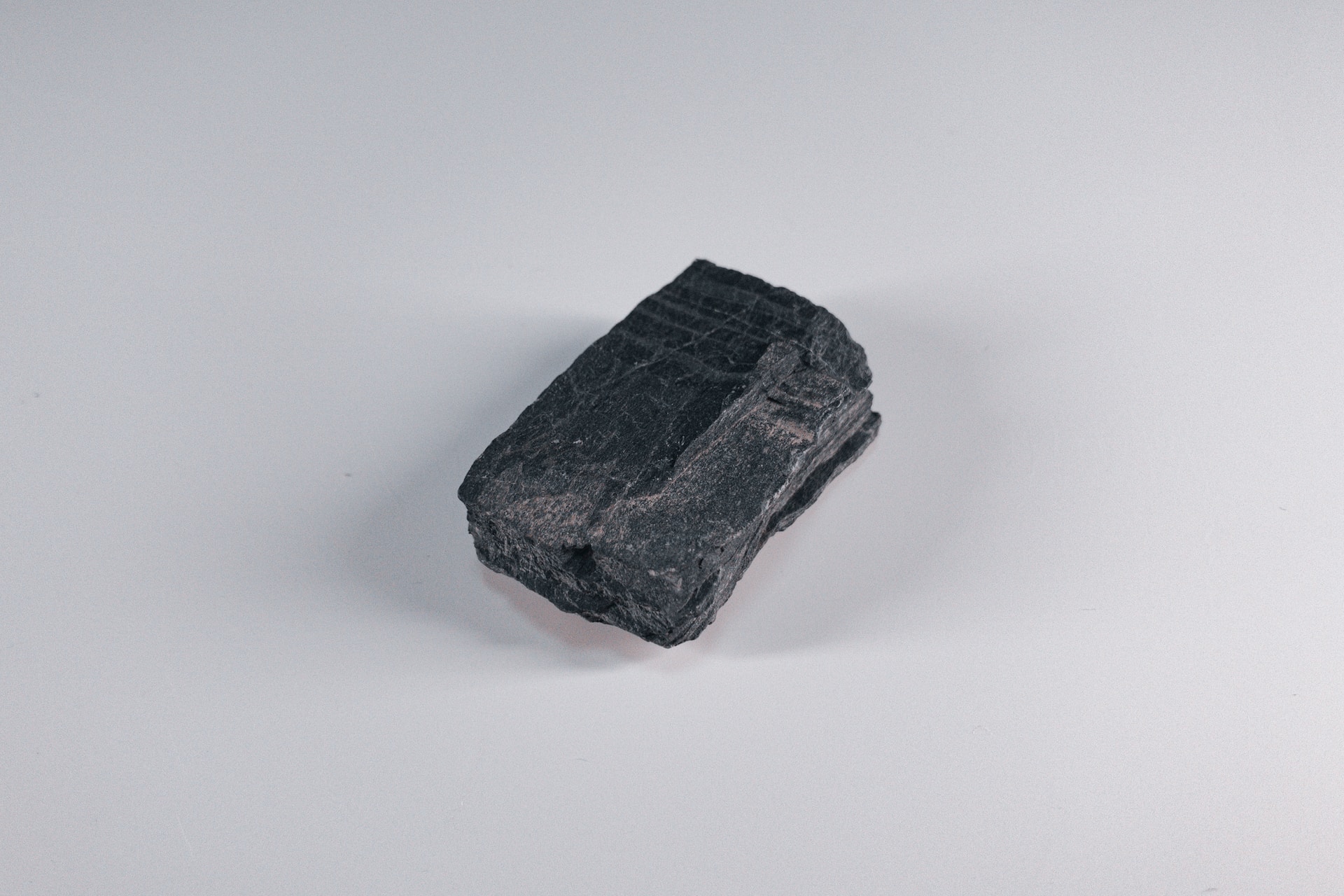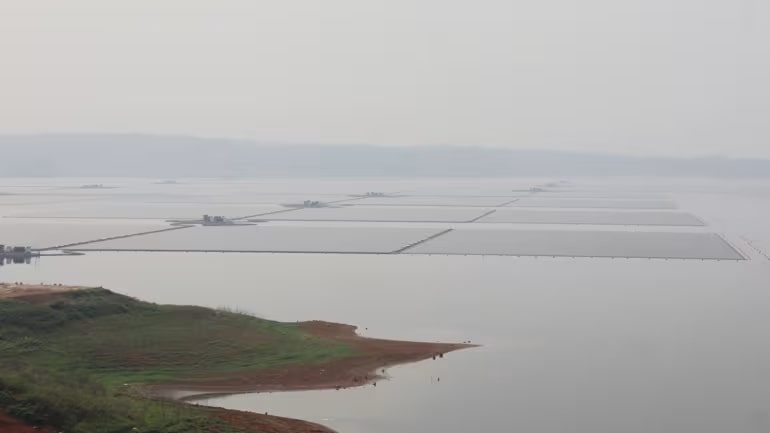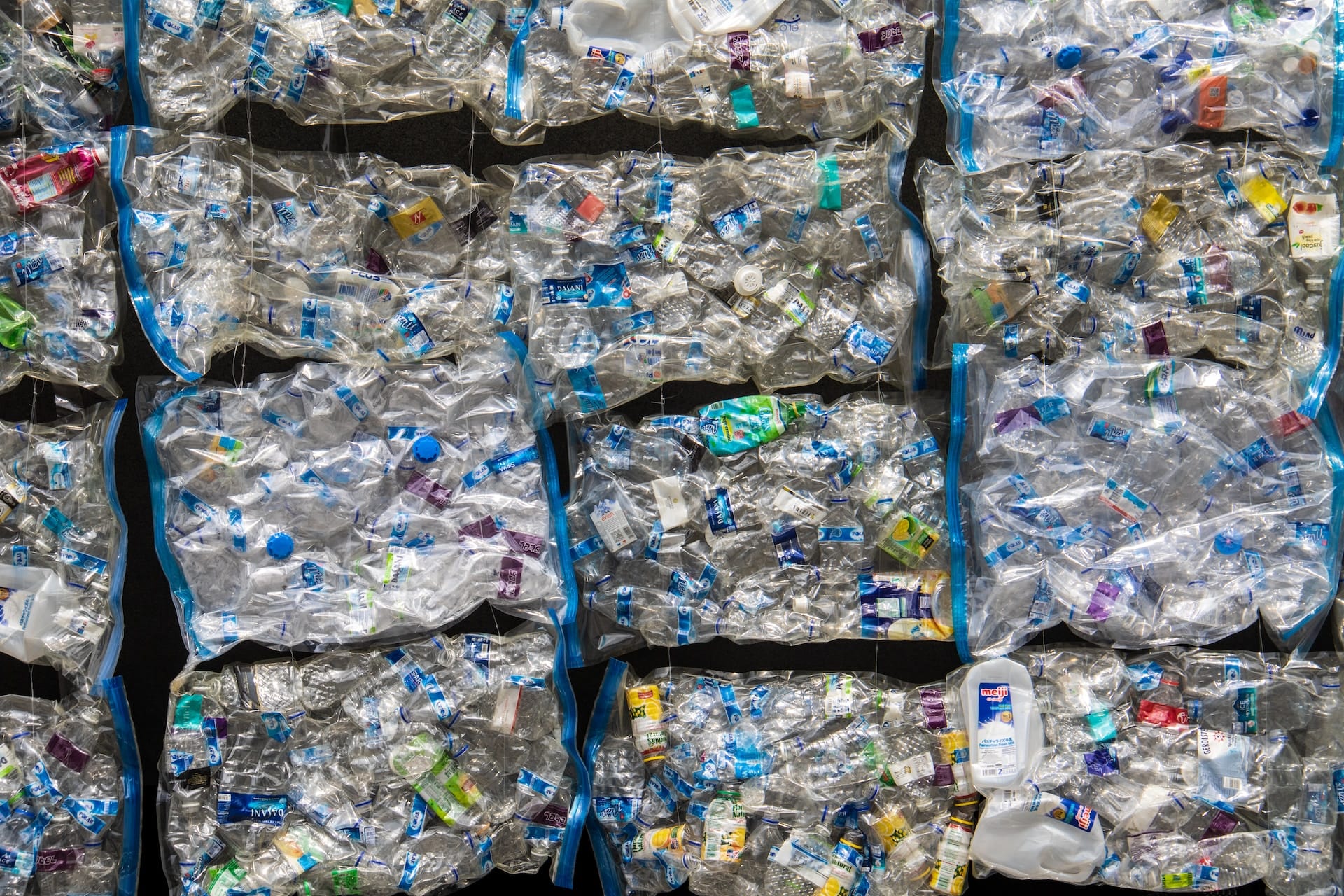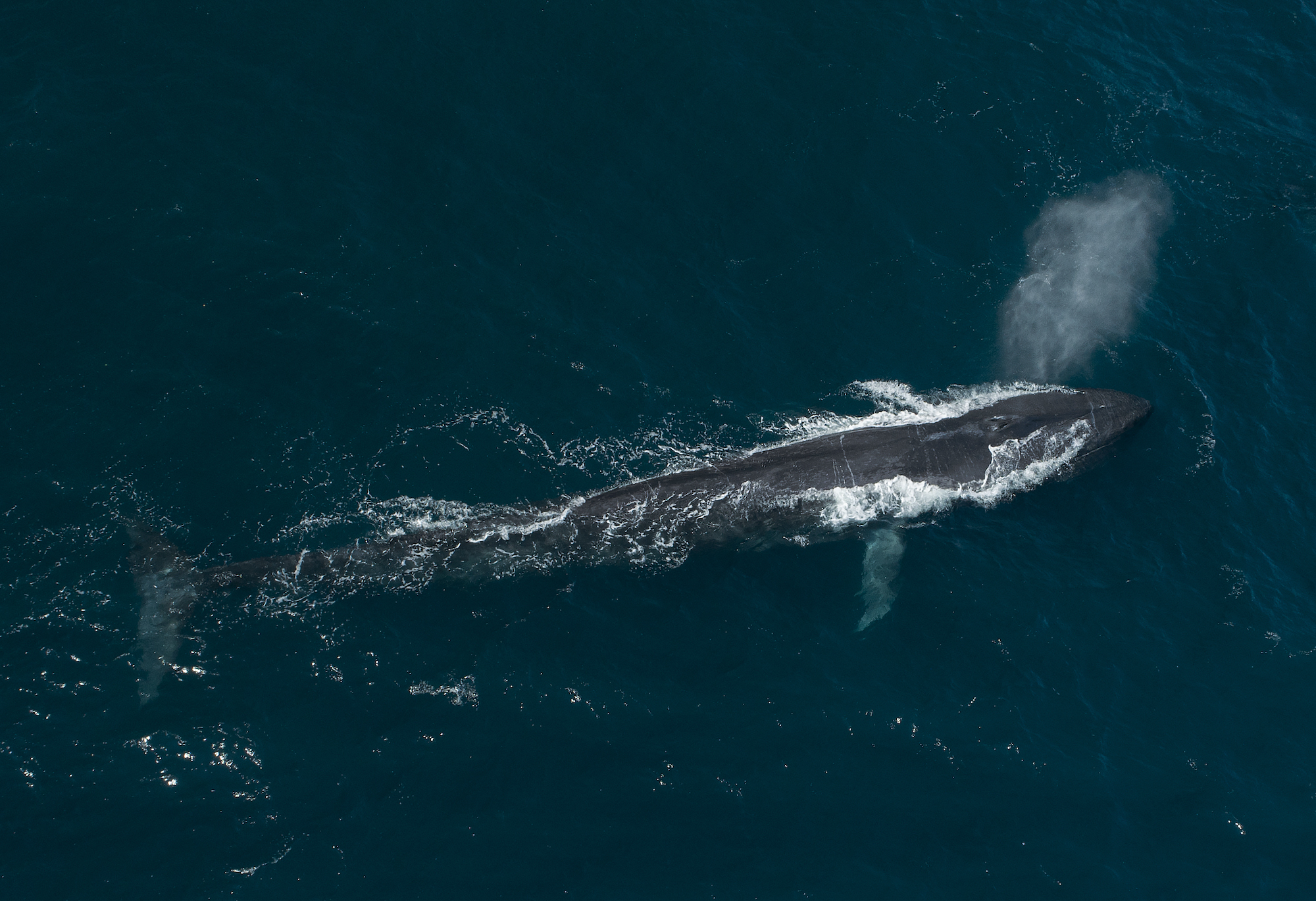At Akepa, we’re done with sustainability. It’s not enough. We’re elevating our focus to Farm Fresh, for terrestrial produce – and Captain’s Catch for marine offerings.
Not really! No one at Akepa is about to abandon sustainability. There’s still just enough optimism to counteract the setbacks and cringeworthy COPs. Here’s a roundup of the smiliest news from November.
New carbon capture technology turns carbon into solid carbon
November 7th, 2023
Link: Happy Eco News
Carbon, along with methane, is an antisocial influence in our atmosphere. It traps the sun’s rays, amplifying heat. To make matters worse, it hangs around for centuries – causing trouble. We need to find ways to calm that carbon down.

To get it, some folk think we must develop technology to capture CO2 and complement nature’s absorption. It’s an approach that isn’t without controversy because of the expense and inefficiency. But we can always try and improve our ways.
Enter pioneering researchers at Australia’s RMIT, who have discovered a groundbreaking new method to convert airborne CO2 to solid carbon. The approach could be more predictable, powerful and longer-lasting than liquifying it and injecting underground, which is today’s paradigm.
How is it done? A fancy process using molten metals to trigger a reaction. Read more about the promising new approach at the link above.
Harvard study: workplace flexibility is better for your heart
November 8th, 2023
Link: Harvard Gazette
Earlier this year it was reported that remote work is better for the environment, leading to a 54% decrease in carbon emissions.

Now, there’s more evidence to back the sustainability of non-office work – this time for what’s going on inside. A study from Harvard has shown that flexible work could benefit cardiovascular health.
1528 employees had various measures of heart health – blood pressure, cholesterol – etc. measured to calculate an overall risk score. The employees were then tested again after 12 months of flexible work, including more WFH. The study found rejuvenation in the overall risk score in older employees over 45 – especially those with the highest original scores. Equivalent to over 10 years of age-related changes in some cases!
Just another reason for us to be content about being a remote work company – as well as repeat that sustainability is about folk, as well as the environment.
SE Asia’s largest solar plant comes alive in Indonesia
November 9th, 2023
Link: Nikkei
The world’s fourth largest country is now home to Southeast Asia’s biggest solar plant that floats: the Cirata Plant.
This 145 MW floating facility is supposed to generate 245 GWh of electricity per year. That’s equal to the needs of 50,000 households. But numbers are all relative when you consider the country itself has more than 75 million households.

Coincidentally, the UAE is partially to thank for these gains. Yep, the UAE. The errant host of this year’s COP28.
Masdar, an Abu Dhabi-based renewable energy company, contributed to the USD 143 million project. And now the two are in talks to further expand the plant and increase its power generation capacity to up to 500 MW.
Last year, Indonesia was promised USD 20 billion in clean energy financing by developed nations. Not a cent of that money has been funnelled at the time of the Cirata Plant completion.
Ellen MacArthur Foundation says reusable packaging can cut emissions by 69%
November 22nd, 2023
Link: RPRA
We could go on and on about the dangers of single-use plastic. But a 2021 report found that eco-friendly options only represented a tiny 4% of the global packaging market.
To challenge that, the guru of circular economy has some promising data to share.
If companies switch to reusable plastic packaging, they can help slash GHGs by up to 69%. The findings are part of a new study of over 60 businesses by the Ellen MacArthur Foundation, in collaboration with environmental consultancies Systemiq and Eunomia.

If that weren’t enough, they also found that sustainable packaging can lead to major cost savings. Water usage could go down by as much as 75%, and material usage by 76%.
The numbers couldn’t come at a better moment, as the world tries to work out the kinks of its first-ever global plastic treaty.
The return of blue whales?
November 23rd, 2023
Link: BBC
Blue whales are the largest animals to have ever existed. These leviathans extend to a gigantic 30m in length. No dinosaur or anything else comes close.

The blue whale was abundant in the oceans until the 19th century, when it was hunted almost to extinction by whalers*. All hunting of blue whales was banned in 1966 but since 2018 they’ve been classified as Endangered due to other human threats like ship strikes, noise pollution, and climate change. What are we like!
Yet, in November, audio recordings revealed that blue whales may be breeding again in a protected part of the Seychelles, where they were believed wiped out. It’s a sign that numbers may be increasing in remote parts of the world, where there are fewer of us marauding around.
Let’s hope these magnificent beasts remain the largest animals that exist on earth.
*Pro Tip: The fearsome Moby Dick was actually a smaller sperm whale.
EU adopts right to repair law
November 23rd, 2023
Link: European Council
The EU presented an impressive smörgåsbord of sustainability treats in November.

We’re mainly going to focus on the ‘right to repair’ law because it’s important that sustainability is combatted from the circularity standpoint. This law will force suppliers to offer extended guarantees, as well as spare parts and repairs at fair prices. There will also be an intriguing ‘online repair matchmaking platform’.
The proposal was adopted by an overwhelming majority but now needs to be passed by parliament.
There are other treats, too. The EU also struck landmark deals to restore 20% of land and seas for nature (albeit in a watered-down form) and force the fossil-fuel industry to curb methane emissions. That last one could make a difference, as methane has 80 times the heating power of the CO2 we mention at the start of our post..
An admirable cornucopia. But onwards. There’s no time to eat.
That’ll be a wrap for 2023 but rest assured we’ll be back all regenerated next year.



Leave a Reply